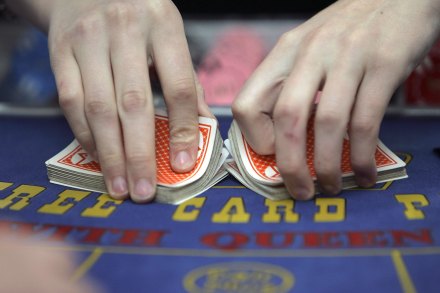Real life | 10 November 2016
A wonderful email has arrived from Airbnb entitled ‘Discrimination and Belonging — What It Means For You’. Having tried to make sense of it, I feel it can mean only one thing with any certainty. And that is that the Airbnb party is over. The web business started by a whizz kid in his New York apartment is about to feed itself to the ravening equality agenda wolves. Sadly, the once proud Airbnb corporation has decided to launch ‘a comprehensive effort to fight bias and inequality in the Airbnb community’. With abject hand-wringing, it says it wants to make sure that any householder joining its site to host tourists in



















